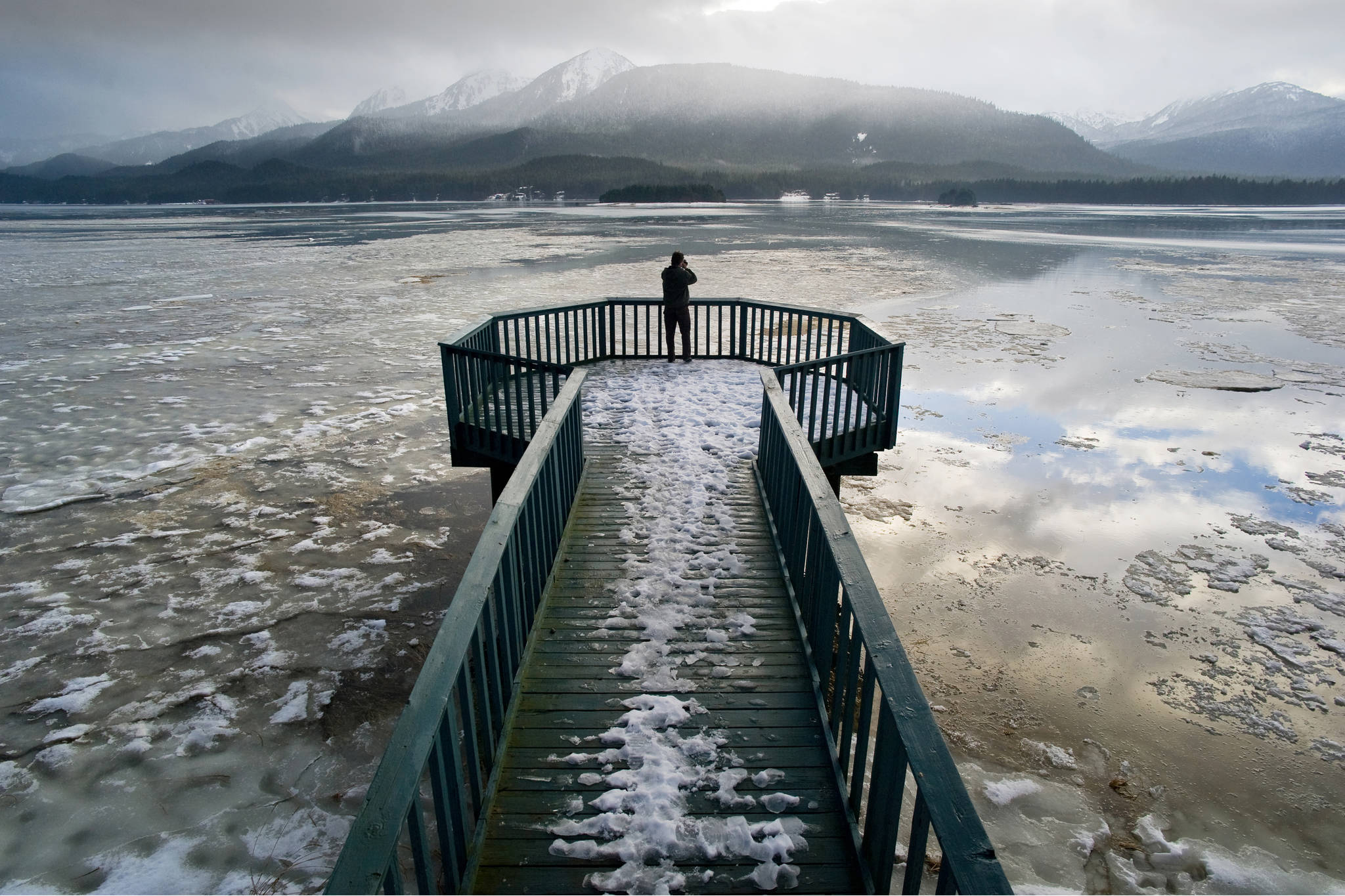Sean Anderson, Ph.D., thinks universities should be doing business differently.
Undergraduate science students should be in the field collecting data for long-term research projects, not tied to a desk, he said.
“What I’ve found is grades went up, attendance in class went up, their retention of information, most importantly, went up, and their engagement with the topic just went through he roof when we did these types of projects,” Anderson told the Empire by phone on Tuesday.
Anderson, chair of the Environmental Science and Resource Management department at California State University Channel Islands, will make the case for what he calls “student-oriented” learning at a free talk Wednesday at 7 p.m. at the University of Alaska Southeast Egan Lecture Hall.
Universities often focus on producing research, or boosting their doctorate or master’s degree programs, sometimes to the detriment of undergraduate learning, Anderson said.
“Having a campus that’s really focused on students and learning is a bit more unusual than it sounds,” Anderson said.
The traditional model can also take the focus off solving problems for campus communities. The Channel Islands model, Anderson said, includes an emphasis on service. Research questions should be based on questions people need answered, Anderson said.
“We’re really about trying to solve problems and have an applied program,” Anderson said.
Roadkill provides a good example, Anderson said. He teaches a conservation biology class and would talk about habitat fragmentation, or what happens when humans build roads through certain habitats, splitting up wildlife populations.
Every semester, Anderson would take a hiatus to do some research in eastern Turkey, and would have to leave his class. To keep them keep busy, he created a lab activity surveying for roadkill near the campus in Camarillo, California. The class has now compiled 14 years of roadkill data, Anderson said, showing what roads are high-traffic areas for animals.
When Ventura County started implementing new wildlife corridors recently, they reached out to Anderson to use that data. Students learned from the exercise, and the community benefitted.
“That fact that the students are giving back really, really changes the educational dynamic,” Anderson said.
UAS professor Kevin Krein visited the Channel Islands campus in the spring, Anderson said. The two universities are hoping to collaborate on future outdoor and research programs.
“The hope is that we can create some synergies and collaborations,” Anderson said.
Anderson is a ecologist and conservation biologist who works in coastal zone management. Trained first as a marine biologist, his work now looks at how people can manage coastal zones as a whole.
The talk is called “Journey to the center of the worth: innovating university education by going out, about and serving throughout.”
• Contact reporter Kevin Gullufsen at 523-2228 and kgullufsen@juneauempire.com. Follow him on Twitter at @KevinGullufsen.

